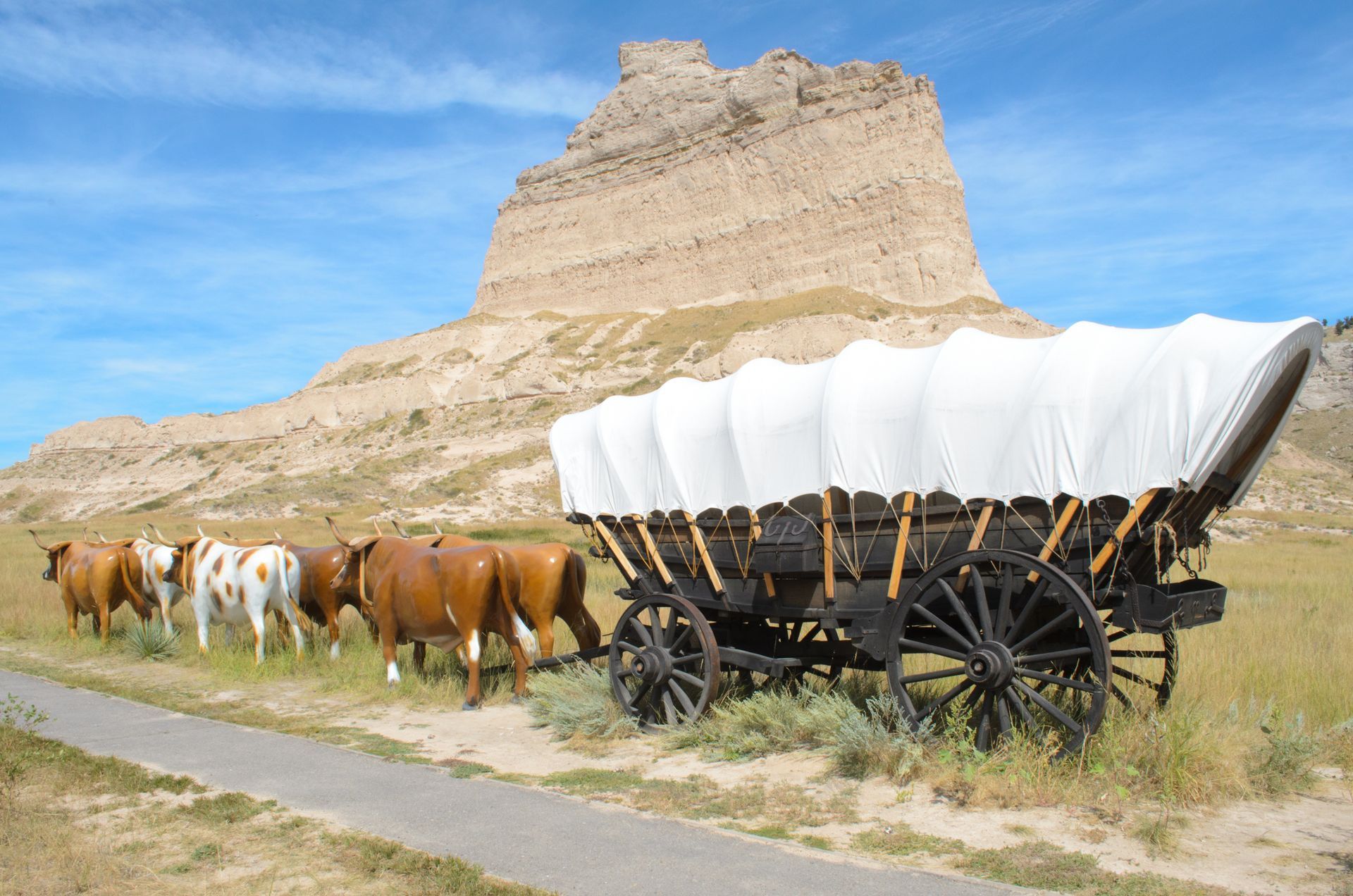Into the Unknown

Into the Unknown
Sometimes, our pathway leads to the unknown. In business, employees and leaders are being challenged by new ways of doing their jobs. Recently, the Screen Writers Guild and similar groups went on strike because of the perception (and reality) of Artificial Intelligence replacing their script writing roles. No amount of training or just-in-time manufacturing approaches can address the emotional reaction that people have when they are moving into the unknown.
Star Trek provided an exciting story each week showing how the crew of the starship engaged with the unknown. Star Trek was so high tech that it anticipated many of the inventions we now take for granted, like audio books on our phones! (I don’t yet have a station that creates a cup and saucer for my Earl Grey tea!). . Wouldn’t we all like to have an Energizer to send us for an afternoon visit with family across the country or across the world! These are the intriguing things.
Right now, into the unknown is much more challenging than thinking about future space travel! It is more like signing up for a wagon train journey across unknown terrain! All of our institutions and processes that we have taken for granted for a life time are providing feedback that makes each person wonder what is going on. I can remember when Chaos Theory first became a thing, the notion was that you didn’t realize you were in chaos until some type of order was restored. The role of the wagon master and the scout was to anticipate the chaos, hardship and disasters, and take steps to avoid or mitigate them.
A wagon train journey required planning for each family. They had to bring so much food, cooking utensils, tools, extra wagon wheels, mules or oxen to pull their Conestoga. Families wanted to take their favorite furniture with them (like the piano), or grandma’s hutch. They didn’t mind moving, but they really didn’t anticipate that they would have to change themselves. The journey was unforgiving. It didn’t matter what they wanted; it didn’t matter how frightened each individual might be. Once begun, the journey slogged on 10 or 15 miles per day. Of course, many people turned back. Many people made mistakes that cost lives and challenged their Faith. Whether people were headed to Colorado, California, or Washington, they followed vague trails.
Create a Clear Picture of the Destination
As we move through our own journey into the unknown future, we need to have a clear picture of who we, as individuals, want to be. You can’t depend on things being the same. But, you can define how you will engage with the unknown. Consider your strengths: Faith, Capabilities, Character, Creativity and Determination. These will help you adapt to meet the unknown future. Having a clear picture of the destination is challenging. The settlers didn’t envision the dry dusty plains as their destination. Rather, they were continually encouraged by the vision of the lush valleys of the Willamette and the Sacramento basin. Nightly tales of the travelers overcoming hardships to get this promised land gave people hope and inspired their own courage. They gathered together to help one another. They shared resources; and they shared courage. Many also nightly reviewed the story of how God took care of the people in the Exodus. They reminded to have Faith, and that they would be guided. The vision might be foggy at the beginning, but as they moved across the 3,000 miles of prairie and desert, they came to have a clearer vision of themselves and what they were capable of doing. Things they were used to in St Louis, or in Ohio, slowly slipped away as they adapted to new situations.
Gather up Your Resources
We have many of the same resources they had: courage, curiosity, connections, community. Instead of letting themselves be undermined by the hardships and the unknown, the survivors used those resources to keep moving. They had horrible disasters. Not everyone survived. Those who used their inventiveness, and who met the challenges with courage did survive. Just moving from Kentucky to Missouri was a major undertaking. In 1799, Daniel Boone moved his whole family and most of his neighbors to found a new community in upper Louisiana, which at the time was under Spanish rule. This is now St. Charles County, Missouri.
So what do we need to take from the endeavors of our ancestors in order to journey into the unknown? Remember the clear picture of the destination may not be a location on the map. It may be a way of being, a way of trusting that your Creator knows what He is doing with all the chaos around us.
Stretch Beyond Your Comfort zone
Be informed (even though what you read in the media is often sensational and contradicting). Broaden your news sources, read books by people you value. Participate in conversations with people who share your dreams and views. Get to know your neighbors who may not share your views—listen to theirs! Learn who they are and what their dreams are! Create a community of people who care about one another.
Make an Action Plan for Yourself and Your Family
Identify your concerns and create a strategy for resolving them. If you live in the mountains, make sure you have a good generator! And keep your freezer full. If you have to go to work and the roads are chaotic with traffic, maybe create opportunities to work from home. Are you concerned about what your children are learning? Supplement that with materials from sources you trust and have family night discussions over ice cream! Let the kids choose what they want to learn about (“Nothing” is not an option).
Enrich Your Faith and Act within It
There is a plan that is bigger than the chaos around us, or the worries in your mind. Trusting that your Creator actually knows how to solve these terrible problems will remove the anxiety. Much of the anxiety people experience is the lack of control they feel. Give up the need to control and put the burden where it belongs—on the One who created you! Ask for help. And be willing to participate in utilizing the help.
The story of a flood: A man was stuck on a rooftop, the dirty, rolling water rose higher and higher. A fireman below called on him to jump into the net. “No!” he declared, I am waiting for God rescue me. The water was up to the third floor and along came some neighbors in a canoe, “Jump in!” they cried out to him. “No, I am waiting for God to rescue me!” Finally, the water was on the roof and a helicopter came by with a harness. Put the harness on and we will pull you up!! “No! I am waiting for God rescue me.” Finally, at St Peter’s Gate, the man scolded St Peter: “Why didn’t God rescue me?” St Peter looked at him with amazement: “He had me send you a fireman, a canoe, and a helicopter—you rejected them all!” God works best through his people.



